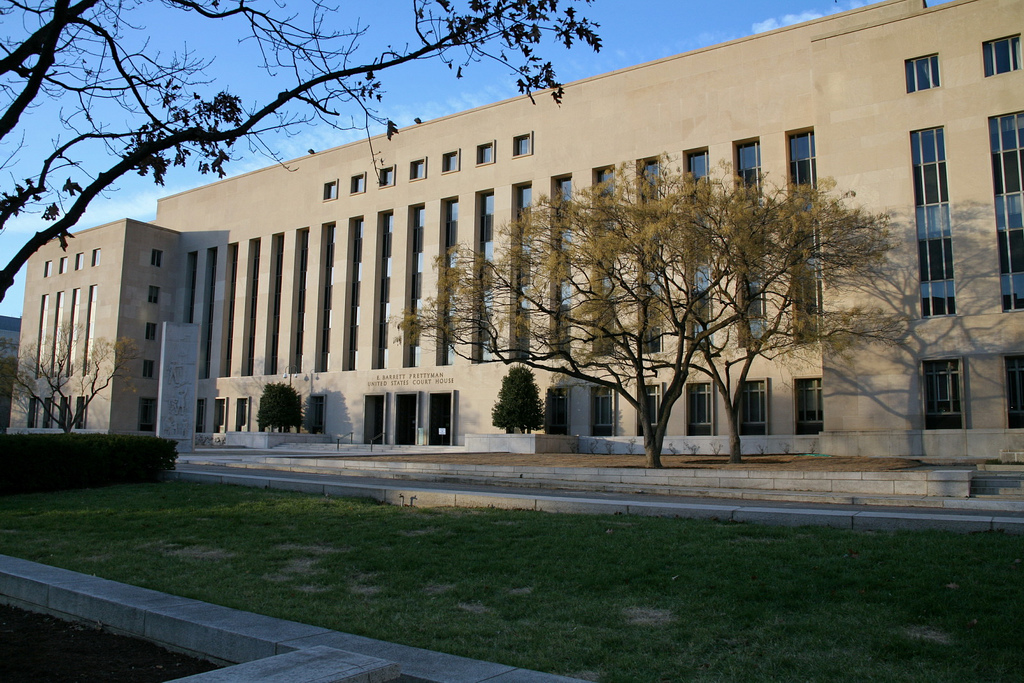Armed Conflict
Courts & Litigation
Criminal Justice & the Rule of Law
Foreign Relations & International Law
Terrorism & Extremism
Transferring Afghanistan Detention Operations: Some Context for Continued Obstacles
The New York Times reports today that “U.S. Again Delays Transfer of Bagram Prison to Afghan Forces.” (Bobby discussed some of these issues, including the “Daqduq problem” issues, a couple of days ago). The article quotes U.S. and Afghan leaders describing as “remaining technical details” and “last-minute hiccups” some obstacles to transferring control of U.S.
Published by The Lawfare Institute
in Cooperation With

The New York Times reports today that “U.S. Again Delays Transfer of Bagram Prison to Afghan Forces.” (Bobby discussed some of these issues, including the “Daqduq problem” issues, a couple of days ago). The article quotes U.S. and Afghan leaders describing as “remaining technical details” and “last-minute hiccups” some obstacles to transferring control of U.S. detention operations in Afghanistan to the government there.
Disagreements between the two governments include such issues as under what legal framework transferred detainees will be held (the laws of war, criminal law, or something else); whether the U.S. government will retain some sort of veto or control over releases; and guaranteed continued access to transferred detainees by U.S. officials. Panning back a bit, two pieces of context are useful here in understanding what an understatement it is to characterize these as technical hiccups.
First, the article discusses how a year ago the U.S. and Afghan governments reached agreement to transfer Bagram prison to Afghan control within 6 months. That’s true, though that agreement superseded a U.S.-Afghan agreement to do much the same thing reached in 2005 (I was, as a Defense Department official at the time, part of that negotiation). The very same remaining issues arose then and proved extremely difficult to resolve – and for 8 years they have still not been resolved.
Second, these same issues often proved sticking points between the United States and many other governments to whom the United States has been transferring Guantanamo detainees for more than a decade. Not surprisingly, most governments balked at the very stringent terms the United States first insisted upon, because these legal issues cut to the heart of sovereignty. Current U.S. negotiating terms with Afghanistan may be reasonable, especially compared other countries with whom transfer agreements were eventually worked out, in light of ongoing U.S. and coalition military operations there and concerns about Afghan detention practices, but U.S. leverage in this negotiation is also undermined by the planned U.S. withdrawal.
Matthew Waxman is a law professor at Columbia Law School, where he chairs the National Security Law Program. He also previously co-chaired the Cybersecurity Center at Columbia University's Data Science Institute, and he is Adjunct Senior Fellow for Law and Foreign Policy at the Council on Foreign Relations. He previously served in senior policy positions at the State Department, Defense Department, and National Security Council. After graduating from Yale Law School, he clerked for Judge Joel M. Flaum of the U.S. Court of Appeals and Supreme Court Justice David H. Souter.


-final.png?sfvrsn=b70826ae_3)


